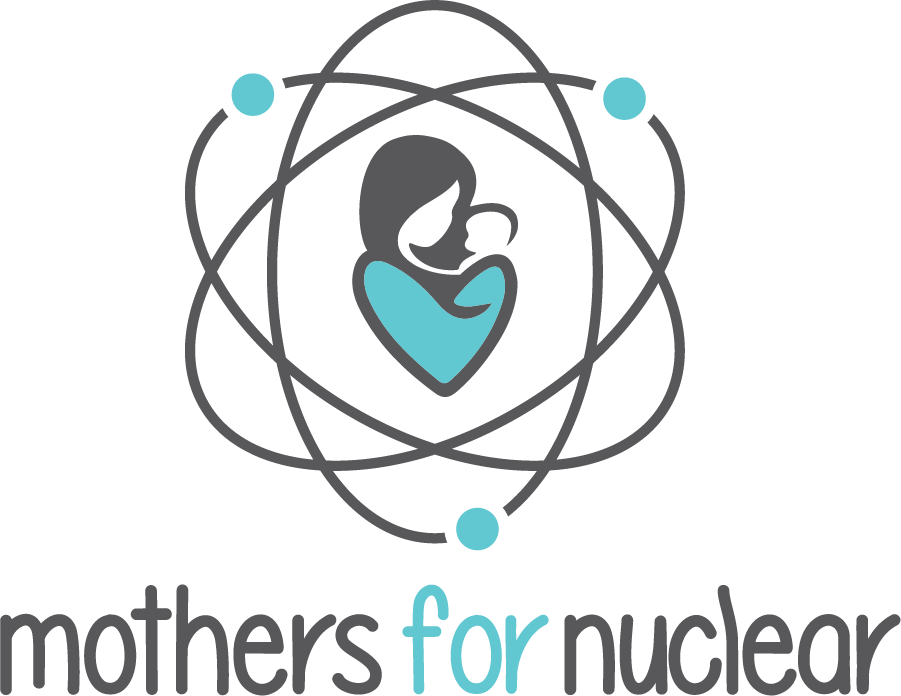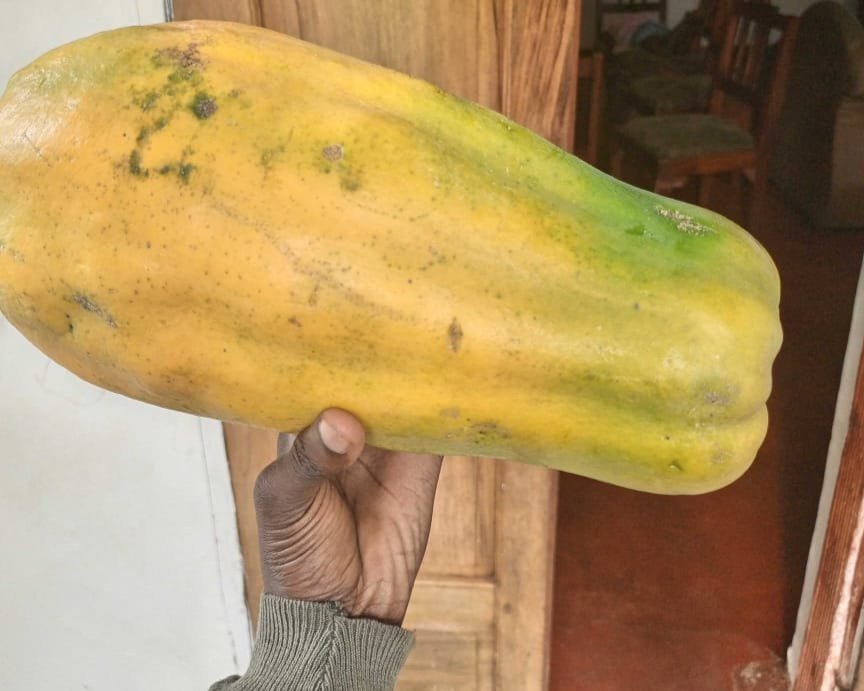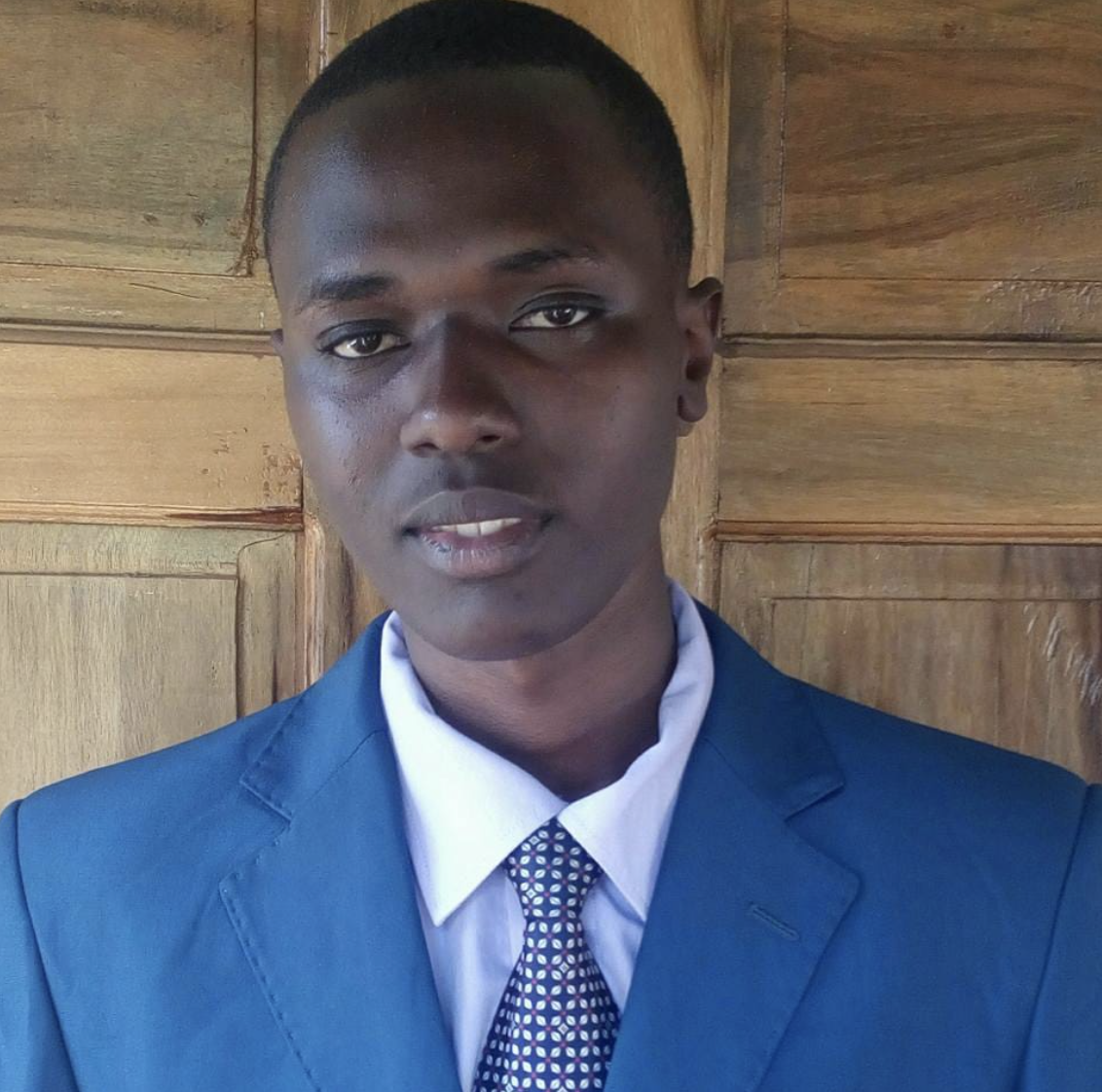Collins Wafula Khaemba
My family home
I am born in a religious family, a humble background, and an amazing village deep in the Western regions of Kenya. My background is centered to natural resource and environmental management but I got a crush on nuclear energy. Call me curious, but I love the notion of getting to know more on what seems to be “uncommon”—more especially things that are yet to be understood like science. I value universalism and would always make sure to smile and interact without fear of being misinterpreted. So this is my story. And my story will not be tasty if there is no nuclear in it!
One of the best and most frequent questions I get when I mention nuclear power to people, or simply while I advocate for nuclear power in a country without any nuclear power plant or even a nuclear reactor, is, “Why are you so passionate about something that is not even available and the odds are strongly against it?” Some of the people who are lucky enough to know about nuclear and its history would argue out to foreshadow a gourmet dinner in a poorly set restaurant. Are we (Kenyans) able to afford it? Is there a plan to execute nuclear power for electricity, or are nuclear advocates flogging a dead horse in the cause of speaking for nuclear in this non-futuristic nation by its ambiance? There are only two powers at play here: knowledge and sustainability.
At my family home in Bungoma Town, we are subsistence farmers and grow paw paw.
Paw paw.
I am religious, and I have learnt that knowledge and love are never far apart. In fact, wherever there is the word love, I simply replace it with the word knowledge. Love is intimately bound with knowledge and goes deep into science as well: being skeptical of what people fear due to no or low know-how, i.e., of a certain phenomenon. Where I come from, nuclear energy is feared due to the bombing history. This begins straight from school. It’s a good time to change the narrative and ignorance over nuclear power by sharing knowledge and easy-to-understand science.
From my high school studies, the “chemistry” of the system doesn’t acclimate nuclear power education by depth. Only the top 1% of the students gets to dine with this knowledge and maybe drop off to do other courses because there is a ready market. Many graduates even after their undergrad/postgrad education come out of campus knowing nothing about nuclear power. Well, it’s not mandatory to know about it either, but they become lawyers and influencers in the country. Any little misinformation concerning nuclear power hits their fears right, and they freak out everyone under their influence. I chose to sensitize on nuclear power because there is a nuclear malnutrition in the society.
But this is how it began. I was in campus at Maseno University, which is the only university at the Equator, studying geography and natural resources management with IT. Kenya is diverse in resources: wildlife; the posthumous history of the Great Rift Valley, mountains, savannahs, and the people; great lakes and coastlines bearing an amazing hydro ecology; the great and magical 582,370 Km2 of land, full of plants and soils like the red ochre soils of the Maasai community; magically beautiful rocks that bear mineral resources and a whole wide range of resources I haven’t mentioned. Uranium deposits are also found in the coastal region, Kerio Valley, Cheptais, south of Lodwar, east of Maralal, and north of Eldoret.
One of our school trips took us to a renewable energy center called Kericho Energy Center back in 2018 where we had to learn on the research going on in renewable energy in Kericho County. During the conversations, there were questions posed and my colleagues answered those very well. After all had been exhausted, the Renewable Center Manager asked, “And what about nuclear?” There was a silence, then I thought I could try to answer that question because we had recently submitted our work tasked on nuclear power. I did some research and honestly, there wasn’t much good I could find at the beginning except the Fukushima evacuation, Chernobyl being deserted, and of course Hiroshima and Nagasaki. But there was more to it: the peaceful use of nuclear and the safety it has even after the historical blows. And my hand went doubtfullyly up.
I gave my response and concurred with the sentiment from a great book saying, “To whom much is given, much is required.” I even had to mention about the future of nuclear power with the “new” fuel called thorium. As more questions came in, I didn’t notice I had had just become an apparition of Nuclear Energy is the Better (a podcast I started later to communicate about nuclear). After this occurrence, I gave my allegiance to research more and more about nuclear power so as to be articulate and bold enough to let the nation build nuclear.
Today, I passionately talk about nuclear energy and its importance in decarbonizing by 2050 and also it being a safe haven against using coal power in Africa as we look forward to be developed in a clean environment.
I would also like to mention Stand Up for Nuclear, which gave me the opportunity to fly across Africa to Berlin, Germany, in 2021 to strike against Germany’s decision to shut down nuclear power. I was a member of the African Young Generation (of the larger IYNC) in Nuclear and also Kenyan Young Generation in Nuclear, in which I had the privilege to attend COP27 in Egypt as a N4C delegate in 2022.
I’m an upcoming entrepreneur as well. I am a masseur and just bought my first massage table. In environmental protection, Kenya strives to plant 15 billion trees by 2032 and I engage with young kids aged 5–15 years to plant and take care of their trees in their home compounds. I work with RePlanet Africa to speak for better policies on sustainable agriculture, energy systems and climate change. Also, I podcast on Nuclear Energy is the Better Podcast, bringing amazing speakers all across the world to share our stories and help the world find the fragments in their own stories so as to understand and advance nuclear power.







